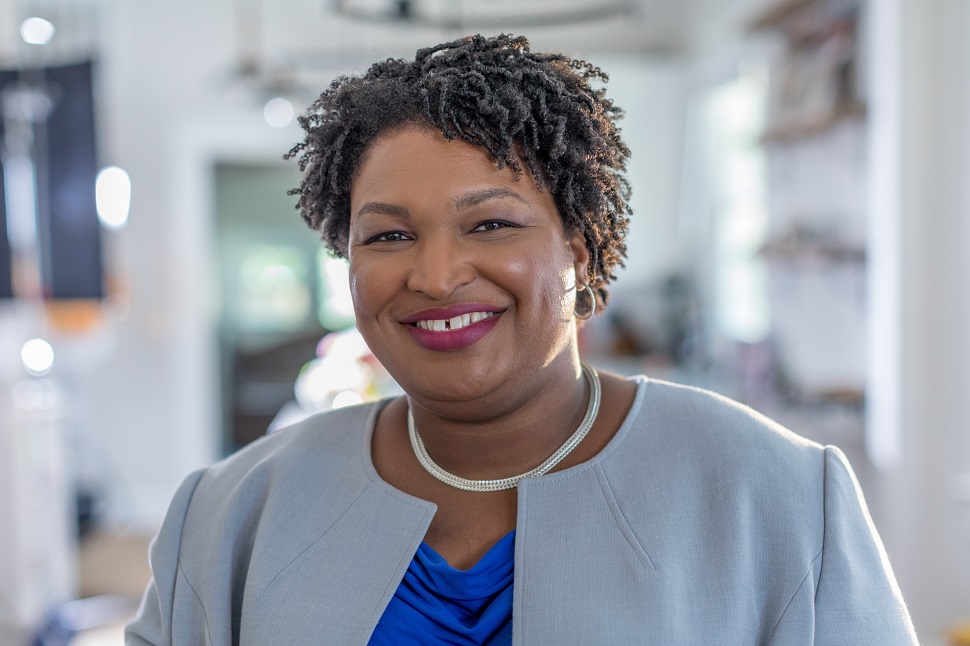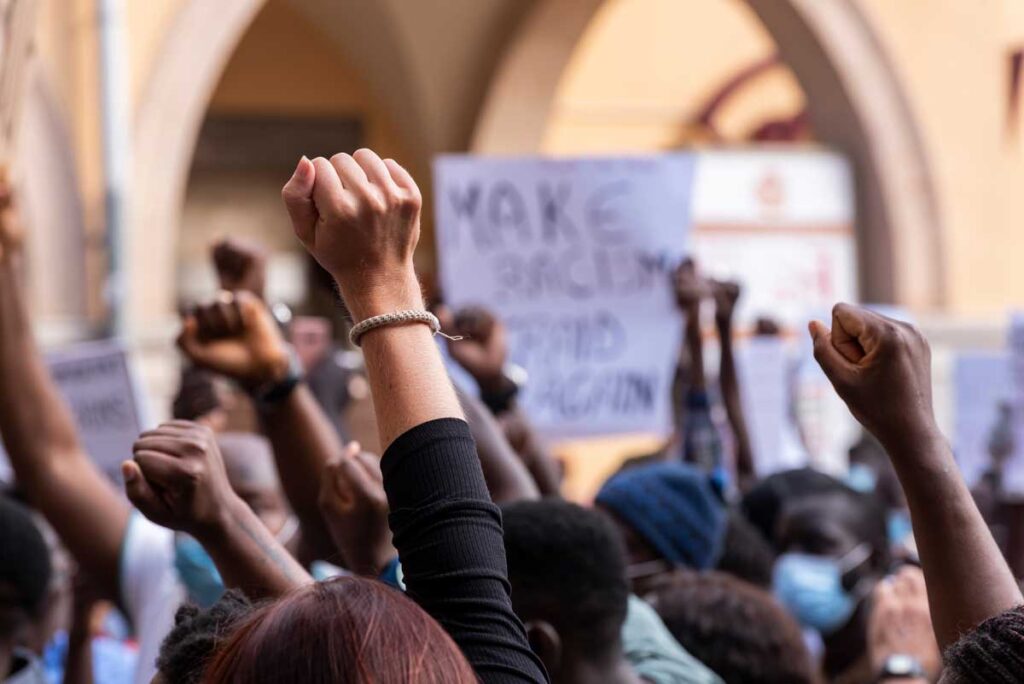An Ode to Stacey Abrams: How Mobilization Can Reinvigorate Black Businesses

Stacey Abrams deserves her flowers. Abrams, through her work as founder and chair of Fair Fight, has been lauded as an integral force in what some have called impossible – turning Georgia into a “blue” state in the 2020 presidential elections. Fair Fight, an organization dedicated to reforming the election process and promoting voter education in Georgia and across the nation, is a modern-day example of the power Black people possess within this country when we unite. The organization gained its traction by following the blueprint that has been a foundation for every movement that has advanced in America – establishing connections, promoting education, and cultivating a sense of empowerment.
Abrams brings hope and a reminder of how those same efforts can be applied to elevating Black businesses.
Reflecting on our history
2020 has been the year of reflection – a time to acknowledge how far we have come, but most importantly, how far we still have to go. One-hundred years ago, a deputized white mob burned 25 homes and churches outside of Orlando in response to a group of Black community members registering to vote in what is now known as the Ocoee Massacre. Sixty years ago, Ruby Bridges was escorted by federal marshals through the doors of William Frantz Elementary School in New Orleans as their first student of color. Ninety-nine years ago, the Greenwood District in Tulsa, Oklahoma, also known as Black Wall Street, was burned to the ground – killing more than 300 people and injuring hundreds of others. Prior to 1921, Greenwood stretched more than 35-city blocks and was well known as a hub for Black-owned businesses including one of the largest luxury hotels at the time.
The Civil Rights Movement is one of the most notable grassroots efforts in America’s history. Through the work of advocates such as Dr. Martin Luther King Jr., Malcolm X, Fannie Lou Hamer, Ella Baker, Representative John Lewis and countless others, the movement advanced from disjointed groups to a full mobilization of Black people and allies holding the country accountable for years of unjust treatment and demanding change.
The backdrop of 2020
Modern movements demanding equality have been the backdrop of 2020. From nationwide protests to companies being challenged to “put their money where their mouth is” by supporting Black businesses, grassroots efforts to promote Black people and our economic empowerment have commanded attention across the globe.
Black people have been and continue to be a driving force in the growth and betterment of the American economy.
Black buying power topped $1.3 trillion in 2018 compared to $320 billion in 1990 – a 114% increase. While Black people (women in particular) continue to become the most educated in America, opportunities to excel have not grown as exponentially. Wells Fargo CEO Charles Scharf faced well-deserved criticism for expressing to employees that the company struggled to meet diversity objectives due to “…a very limited pool of black talent to recruit from.” While abhorrently incorrect, it is a mindset that undoubtedly permeates across several organizations. In order to survive and thrive, we have had to create spaces for ourselves.
In August, nineteen Black families purchased 97-acres of land outside of Macon, Georgia, to create a safe space for their families and the larger Black community. The families intend to develop the land in phases, ultimately creating a sustainable city that celebrates and empowers Black America. Combining resources to drive empowerment and economic freedom is not a new concept, especially in the Black community. The earliest predominantly African American communities were established through cooperatives and community sourcing.
Moving ahead
Change in America does not just happen for us. It happens because of us. For centuries, Black people have played instrumental roles in advancing social, economic and political movements that have been the foundation of this nation’s history.
Much of Black American history is built on the premise of community cooperation to build more economical and just societies. Now, our communities can extend beyond the borders of our neighborhoods. Our communities are those who support us, both near and far. Those who challenge us to be our best selves. Those who advocate on our behalf. Those who comfort us when we lose and celebrate us when we win. Platforms like Jamii create opportunities to build communities that expand the globe – communities that will help sustain and grow our businesses.
Initiatives for Black people by Black people are catalysts for moving the needle toward more profitable Black businesses. Owning our own businesses, employing people from our communities, and supporting each other is the only way to ensure continued growth. We know that Black people are a driving force socially, economically and politically. And, our Black businesses possess the same power to influence social, economic and political change.
Whether it is educating through social media, creating community platforms, canvassing neighborhoods to inform residents, or voters at the polls, our greatest strength lies in our numbers. The number of people dedicated to Black empowerment. The number of people committed to change. The number of people devoted to creating a stronger foundation for generations to come.






Responses